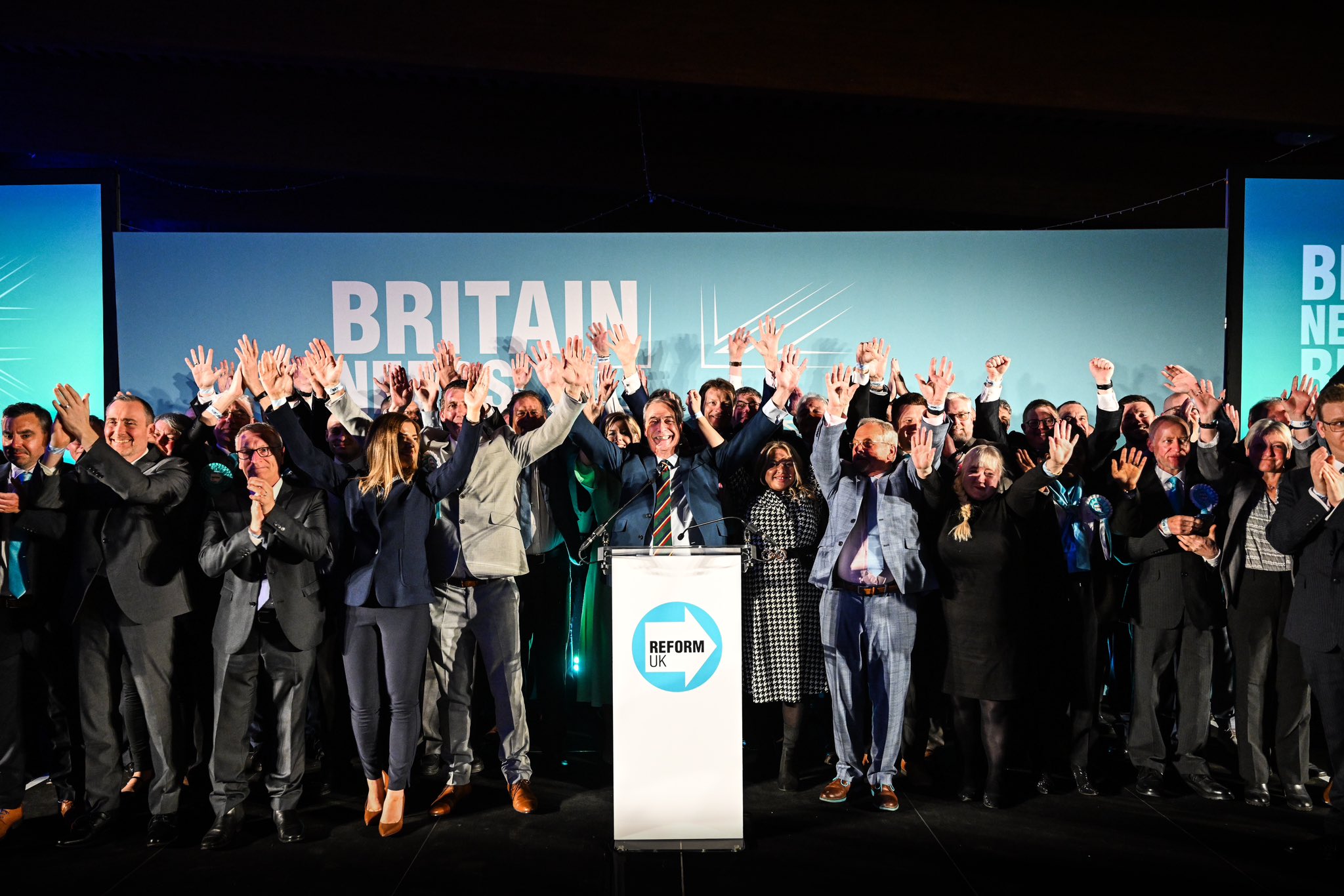In the theatre of British public life, few do drama like Nigel Farage. And this week, the curtain fell on one of his most headline-grabbing acts yet – the “debanking” debacle with NatWest, now wrapped in a bow of carefully worded apologies and confidential settlements.
Yes, the bank has coughed up a tidy, undisclosed sum to settle with the Reform UK leader after Coutts, its exclusive private arm, gave him the boot in 2023. What began as a quiet commercial decision exploded into a public relations inferno. Because in modern Britain, nothing spreads faster than the scent of censorship – especially when it wafts from an elite institution towards a populist icon.
The real scandal? It wasn’t just about closing a bank account. It was about language. About internal memos that labelled Farage a “disingenuous grifter” and accused him of “pandering to racists.” Not very Coutts. Not very clever. And certainly not very quiet.
The reputational car crash was so complete it took out Dame Alison Rose, then CEO of NatWest, who fell on her sword after admitting she misled the BBC. One might say Coutts tried to cancel Farage – and cancelled itself instead.
In the end, the Travers Smith review gave the bank partial cover, ruling the closure was “primarily commercial.” But it also confirmed the clumsy mishandling of the fallout. And in a digital age where every institution is one screenshot away from catastrophe, that matters.
What we’ve witnessed is a masterclass in the collision of brand management, culture wars, and crisis PR. NatWest tried to take a moral stance and lost control of the narrative. Farage, ever the media tactician, seized it with glee.
Whether you love or loathe him, Farage understands the moment. In a world of algorithmic outrage, he plays the headlines like a Stradivarius.
The final act? A joint statement and silence. No comment from Farage. No gloating, no gory detail. Just a reminder that in the new economy of attention, perception is priceless – and sometimes, so is the payout.
One thing’s for sure: this wasn’t just about banking. It was about brand and who owns the story.
A story which this morning moved swiftly on to its next chapter as Farage graced BBC Radio 4’s Today programme to deliver a display of characteristic faux modesty when asked whether he believes he’ll be Prime Minister one day … cue the usual cackle and deference from a man who may be starting to believe just that.







